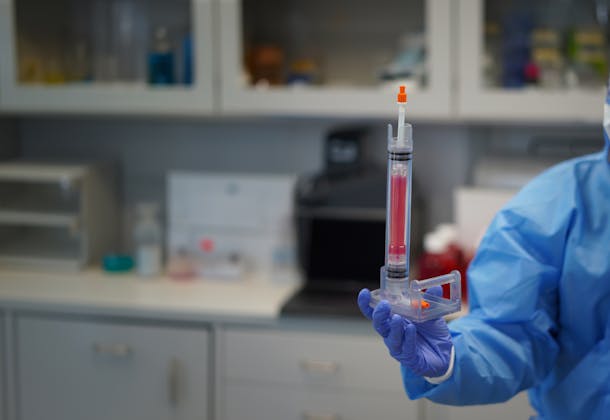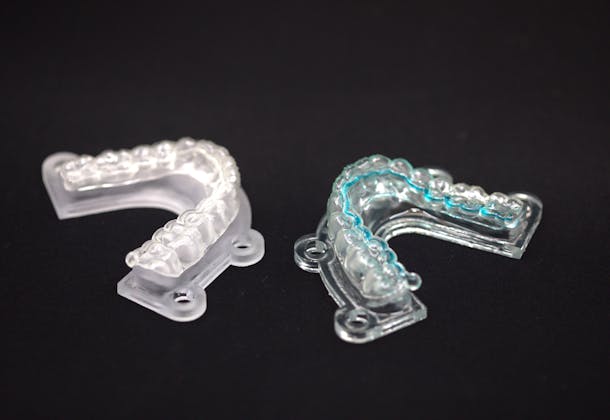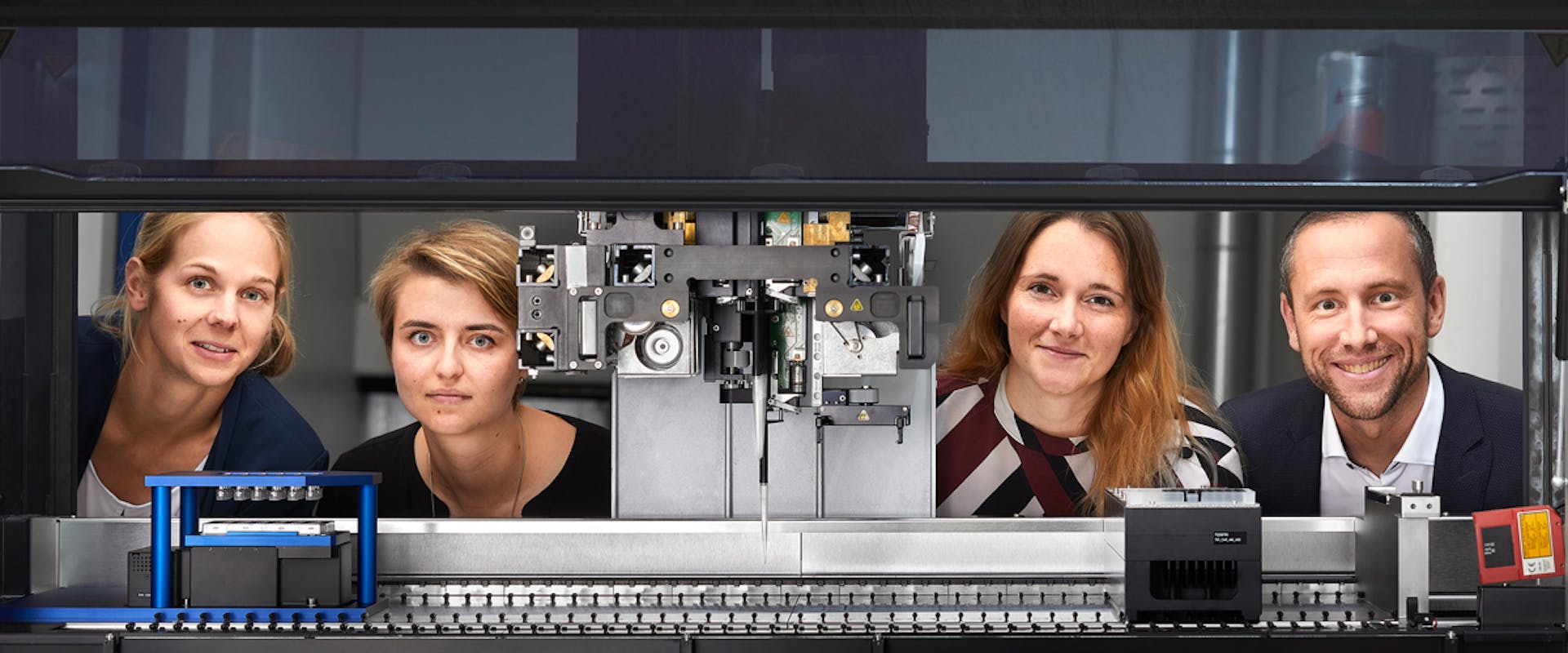Press release (PDF)
Related Press

22 February 2024
CSEM and ClexBio create a bioreactor for tissue-engineered cardiovascular implants
The teams at CSEM and at ClexBio have developed a process for engineering vein grafts comprised of human tissue material that integrates into the patient’s body and can turn into real, living tissue....

11 July 2024
Four future start-ups from CSEM could soon revolutionize our daily lives
The ACCELERATE program, an initiative dedicated to supporting and stimulating entrepreneurial innovation in Switzerland, has announced the winners of its 2024 edition. Among the start-up ideas competi...

19 September 2024
Dental innovation: Actival and CSEM launch 3D antibacterial aligners
Actival is redefining dental alignment with its innovative 'Active Aligners.' They feature patented 3D-printed microchannel technology developed by CSEM....
